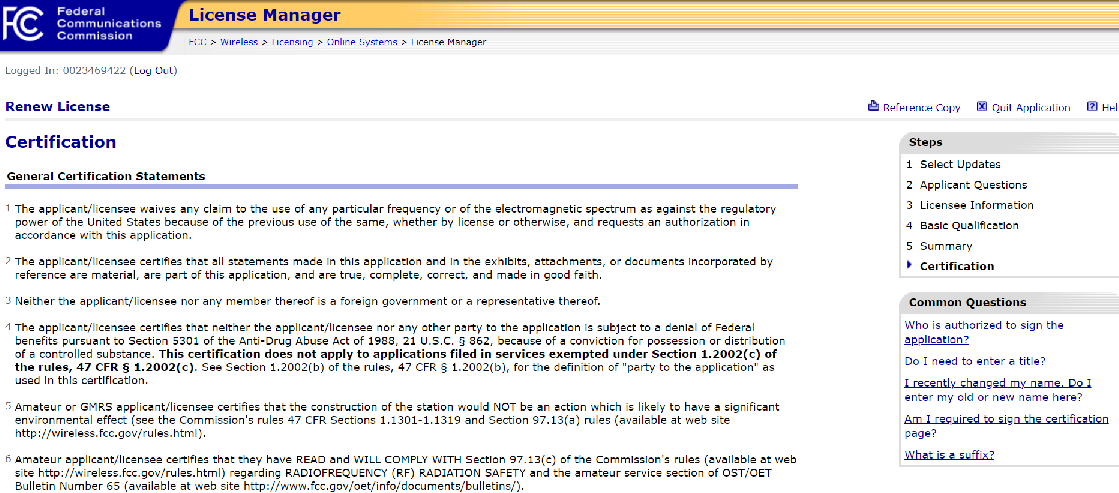Does a "Prime Directive" Policy Work?
The Isaac Arthur YouTube video I watched today was about the concept of a "prime directive" as a solution to the Fermi paradox. It also posed the question of whether or not as humans move into space if we'll adopt a non-interference policy.
I know I don't have all the answers and I've taken some anthropology classes at the local community college. I know that trying to solve one culture's problem doesn't fix everything. A society can have an equilibrium. If a lot of people in a society for years have been struggling with a virus that causes death and a doctor from outside the society introduces a vaccine then less people die but other problems like famine can occur with a population that accounted from a certain number of premature deaths and adjusted their amount of farming accordingly.
I also believe in sharing knowledge. Maybe there's a compromise in slowly releasing knowledge to help a culture progress. That presents the question of who decides what the rate of release should be. A reasonable guess might be made by covert surveillance of the society. Then what happens when the society progresses and later finds out their society was being spied on?
Like the video points out there might be many alien civilizations that already exist and the fact that Earth is left alone is due to a policy of non-interference. Not considering the question of aliens there are uncontacted tribes of humans on Earth such as the Sentinelese people of North Sentinel Island. Generally it's due to the Sentinelese making it clear they're not interested in contacting anyone outside their tribe and in recent times the government of India not wanting any diseases introduced that would be unknown to the immune systems of the Sentinelese people.
This report was published via Actifit app (Android | iOS). Check out the original version here on actifit.io








Comments